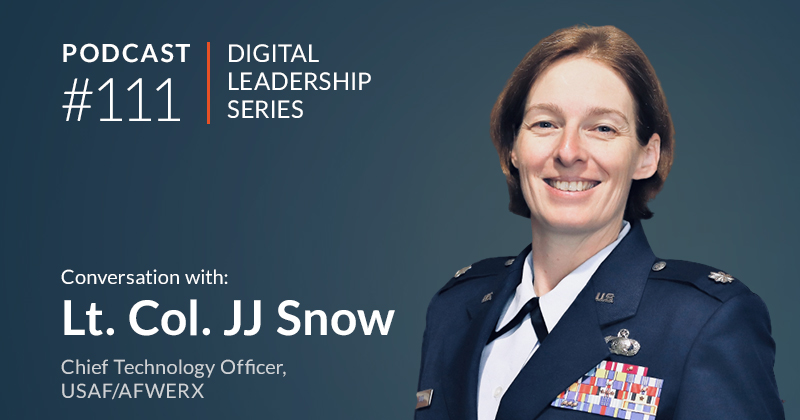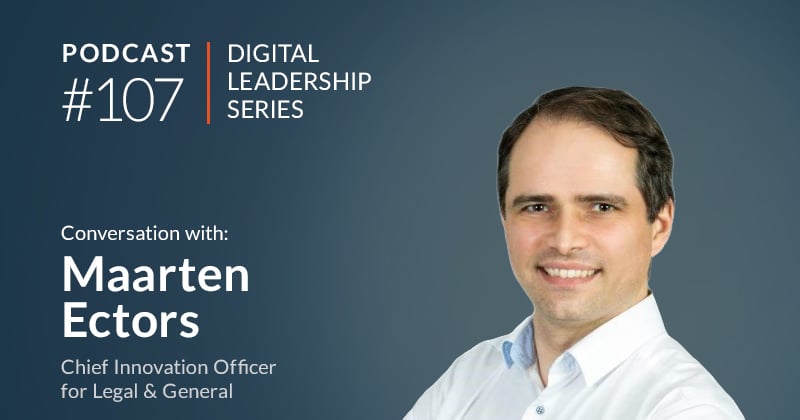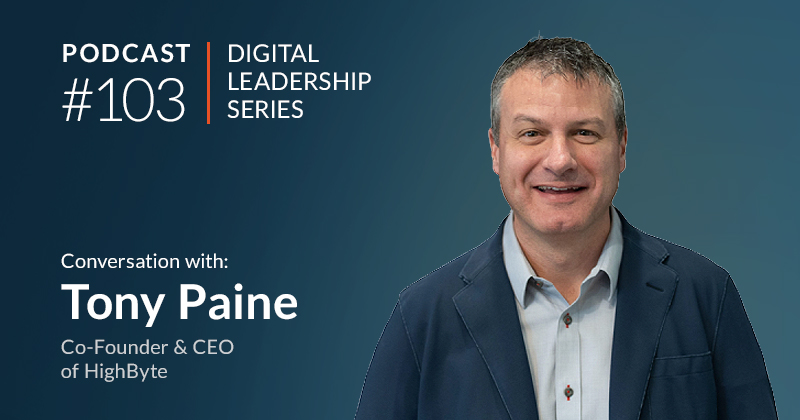Insight Vector: Unlocking the Value of Sensor Data Through the Marketplace: Part 2
Ed Maguire

Innovation and market perspectives from leading IoT innovators
In part one of our interview with Matthew van Nierkirk of DataBroker DAO, he discussed how the awareness of the value of data in financial markets could be applied to IoT sensor data. In part two, we look at a number of different use cases where different types of industrial businesses are exploring new ways to monetize existing data. The applicability of data marketplaces extends across many industries including supply chain, trucking, agriculture and smart building. In the future, this data could become a key component for many business models. He also explains how the use of blockchain enables structured incentives to encourage more participants in the market.
|
|
Matthew van Nierkirk CEO
|
How does a data platform enable new business models? Can you provide some examples?
We currently have about 25 members in our alliance now with two more coming per week on average. It’s challenging to predict who will become the buyers and sellers of data because there are so many new ideas emerging all the time. Let me give you several examples:
- We are working with a transport truck manufacturer that sells and leases trucks to shipping companies, and terms for lease agreements give them the rights to the data. They have a trove of data they use for predictive maintenance but have not used it for other purposes. For this company, which has a 65% market share in a Southeast Asian country, they want to white-list buyers to sell a subset of this data to. They want to be able to filter data that can be sold, and restrict who can purchase the data as well. We will be adding a secure data room feature to DataBroker DAO in Q3 this year that will fully enable use cases like this.
- We are working with a Belgian startup that has a number of PhDs focused on wastewater management in emerging economies, and they collect a lot of data around wastewater. We have a distributed an API layer, and they will be making the connection so that their customers that buy their hardware and software can monetize the data they collect from their own communities by putting the wastewater data they collect on the marketplace.
- In smart buildings, it was not initially clear to me who might buy smart building data from a shopping mall. We were speaking with a property developer in Dubai, who said that every manufacturer he spoke with wanted to access the smart building data and was interested to buy it from the developer.
One of our first use cases involved data from shipping containers from the Port of Antwerp – insurance companies were very interested in this data. If they were able to buy data around temperature, and discover for instance when the temperature control failed on a ship, they would know when things went wrong and appropriately manage a claim.
Smart agriculture and smart farming is another interesting area – about 10% of farmers in Belgium are techy. They have drones with sensors measuring different aspects of their crops, weather etc. If you can collect data from 1500 farmers around Belgium, this data is more granular than the National Weather Service. This could be more valuable to the Weather Service because the sensors are already out there. For the PH data in soil, fertilizer companies can target where to distribute their product.
What does blockchain bring to the table in terms of value-add?
The benefits of blockchain include the ability to make micropayments at extremely low cost via efficient payment methods. The second dimension to create a system is getting the incentives right. Our DTX token is used for microtransactions, then, there’s an ability to guarantee the quality of data which is tied to incentives. Data providers stake tokens behind the quality of the data when they put their data on the platform. There is a monetary incentive that has a similar function to a reputation system. This is know as a Token Curated Registry (TCR).
How do you see this market evolving?
We believe this idea of a data broker will unleash long tail creativity. Data is highly fragmented and with a broker, silos can be broken down and data that’s currently isolated and unused in many cases can be integrated from so many different sources.
The world is evolving so fast and data is key to innovation like 3D printing, robotics, autonomous vehicles and other technologies. All these technologies rely on data. If you look at business models from the last 70-100 years you look at revenues minus cost of goods sold. In the very near future, this equation needs to change to revenues minus cost of data acquired and enriched. This is where we are heading.
We may be headed to an economy where costs of data become essential to every industry. Every industry will be dependent on data and services, and there will be expanded markets based on providing data and provisioning it. According to some estimates, there are roughly 5,000 companies and a $150 billion market around data services already today, and this is growing. With the numbers of sensors being deployed and amounts of data being generated, we will see a doubling and tripling of the amounts of data over the next decade, which is extremely consequential.
Further Reading:
Part 1: Unlocking the Value of Sensor Data Through the Marketplace
Insight Vector: How Oden Unlocks Value from "Hidden Factories"
Momenta Partners encompasses leading Strategic Advisory, Executive Search, and Investment practices. We’re the guiding hand behind leading industrials’ Digital Transformation strategies, over 100 IoT leadership placements, and 20+ young IoT disruptors. Schedule a free consultation to learn more about our Connected Industry practice.





